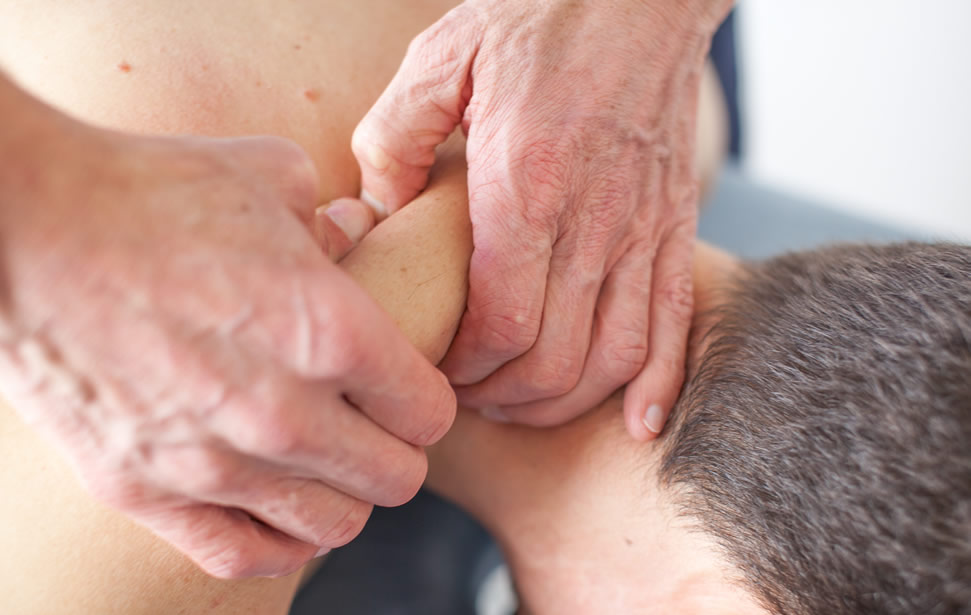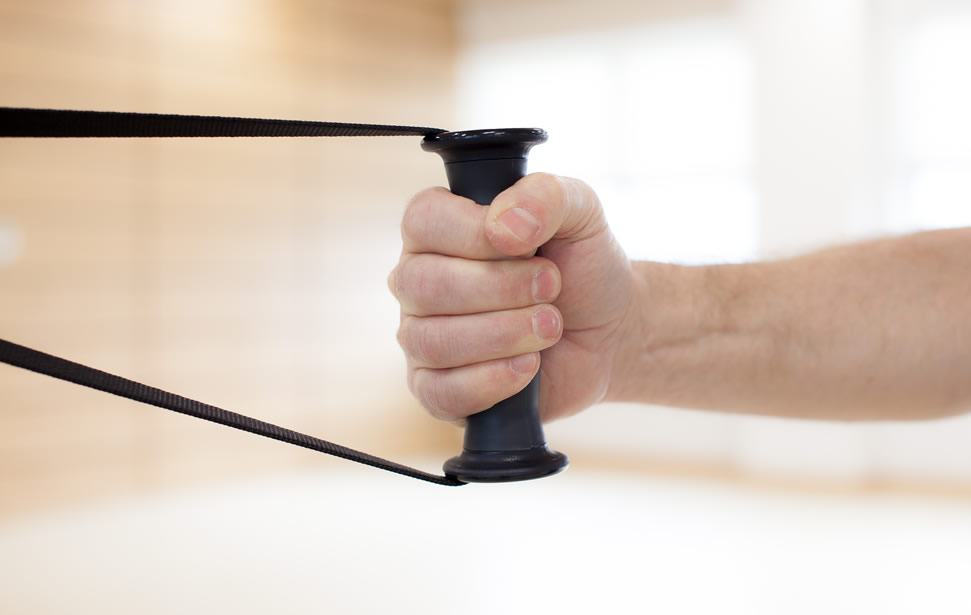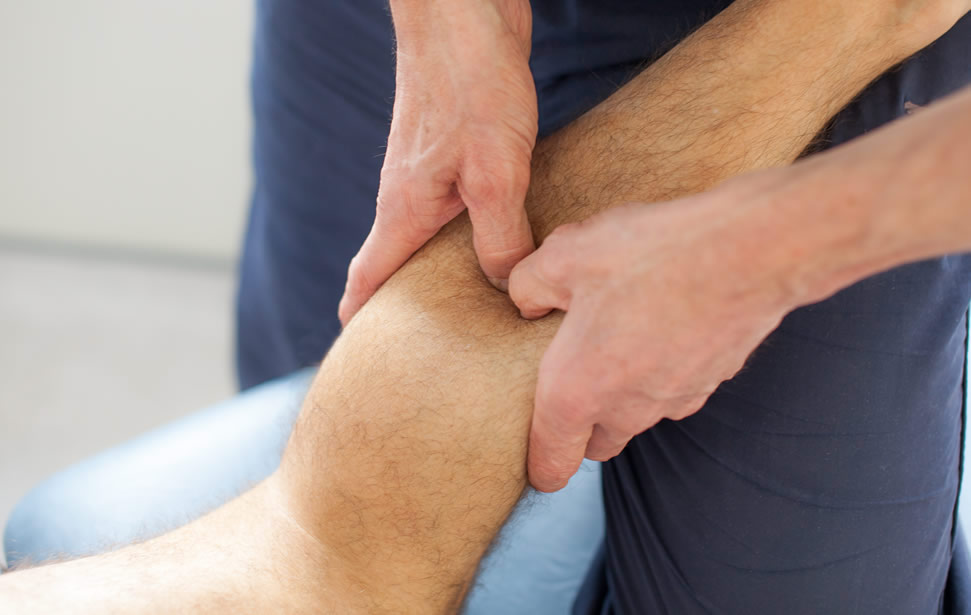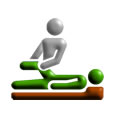Questions

If you have any other questions about our services please do not hesitate to contact us.
First visit
If you’ve not been to us before then you are probably wondering what to expect at your first appointment.
You will need to tell us as much as you can about your injury and any previous problems that you may have had. We will ask you about your general health and any medication that you may be taking. All this gets us thinking straight away about what the cause of your problem might be.
We will then conduct a thorough examination looking at your Neuro-musculoskeletal system. Don’t expect just to be examined laying on the bed for 10 minutes. We will need to look at how you move to fully assess what is wrong and get on with planning what we can do to help.
After the assessment we will explain where the pain is coming from, why you’ve got the pain and how we can help you solve the problem. Establishing a precise diagnosis allows us to start your treatment and recovery program immediately.
It’s also important that you tell us what you want to achieve with a treatment program so we can work together towards achieving your goals. If you would like to know more about our Physiotherapy Service please get in touch and speak to one of our Physiotherapists.Top Tips
We suggest you arrive 5-10 minutes early for your first appointment as you may need to fill in a registration form.
We will take some details regarding your address, GP and medical insurance if required.
Our Physios will need to see the problematic area. If it’s a shoulder then we suggest wearing a vest top; if it’s a knee then shorts or loose fitting tracksuit bottoms.
Bring along any scans, letters or reports that may be relevant to your problem.
If you think your sport may be affecting your injury then bring along any equipment you think might be relevant. For example running shoes, tennis racket or cricket bat.
Our initial aim is to restore you to normal pain-free movement as soon as possible. The important bit is to help you maintain this ‘normal movement’ to minimise the risk of re-injury.
We can use lots of different techniques to get you pain-free depending on your problem. These may include manual therapy, strengthening programs, postural correction, massage, taping, acupuncture and electrotherapy.
As you become pain-free the focus moves towards education and exercise based rehabilitation to help you achieve your goals whether they be climbing stairs without assistance or running a half-marathon. We have a fully equipped gym to help maximise your recovery.
For long standing injuries such as chronic low back pain we will also offer advice on strategies to manage your pain and become more active.
Physiotherapists are independent practitioners so a GP referral is not required for self-funding patients. Patients with Health Insurance usually require a GP or Consultant referral so it’s best to check with the Insurance Company directly.
Occasionally it may be necessary to refer you to another specialist for an opinion.
Our Physios work closely with a number of consultants who are experts in the fields of Orthopaedics, Neurology, Sports Medicine, Pain Medicine and Rheumatology.
Referral can be to one of our expert colleagues at either a local private hospital or specialist clinics in Central London.
Some of our Physiotherapists are fully trained in the use of acupuncture under the Chartered Society of Physiotherapy guidelines.
They can offer acupuncture treatment alongside more traditional physiotherapy intervention as part of a holistic program. If you wish to discuss how acupuncture might help you or to book an appointment for a course of acupuncture treatment then please contact us directly.






